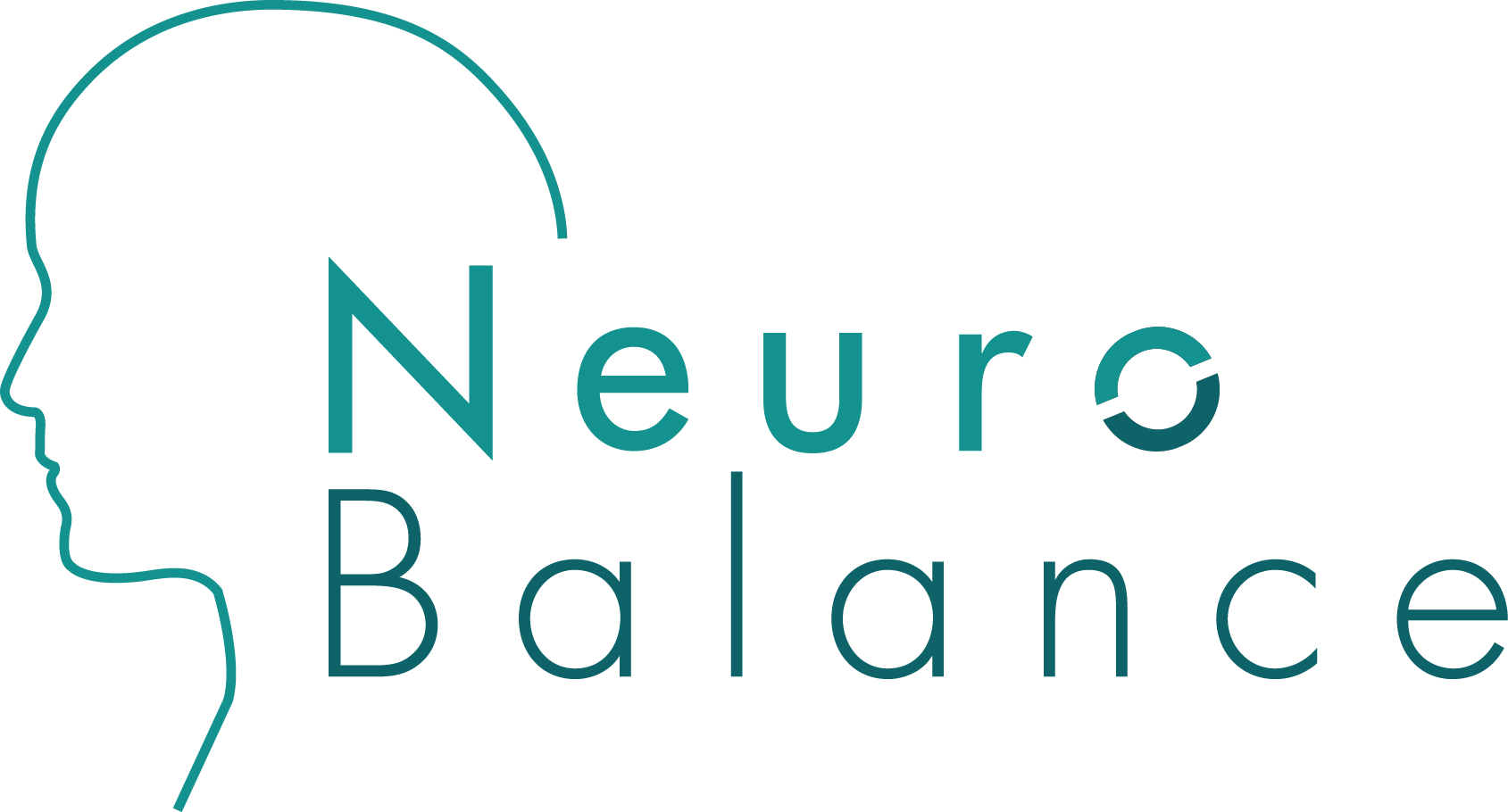The Impact of Maternal Smoking During Pregnancy on Child Neurodevelopment: A Focus on Autism and ADHD
Introduction
The health and habits of a mother during pregnancy don't just affect her wellbeing but can also have profound impacts on her child's health, including their neurodevelopmental health. Research has increasingly shown that prenatal exposure to certain behaviors, such as smoking, is associated with a higher risk of neurodevelopmental disorders in children, including autism spectrum disorder (ASD) and attention-deficit/hyperactivity disorder (ADHD). Understanding these risks is vital for expecting mothers and healthcare providers alike to mitigate potential negative outcomes for children's health and development.
Smoking and Autism Spectrum Disorder (ASD)
A study using causal inference methods within a birth cohort looked into maternal smoking during pregnancy and its association with offspring autism spectrum disorder (ASD). Maternal smoking status was gathered through questionnaires at different stages of pregnancy and even after birth. The study also delved into epigenetic influences by assessing DNA methylation, aiming to understand how smoking during pregnancy could impact the neurodevelopment leading to ASD. The identification of children with ASD within the study used a multisource approach, ensuring a comprehensive understanding of the ASD diagnosis and related traits in the offspring. The outcomes considered various ASD-related traits, derived from parental questionnaires, highlighting the multifaceted nature of ASD and its diagnosis.
Smoking and Attention-Deficit/Hyperactivity Disorder (ADHD)
Regarding ADHD, a comprehensive review analyzed data from 20 studies, including over 3 million controls and 50,044 children diagnosed with ADHD. The findings strongly suggested that maternal smoking during pregnancy is linked with an increased risk of ADHD in children. This risk was observed to be dose-dependent, with higher risks associated with heavier smoking. To provide a more accurate assessment of exposure, some studies measured maternal cotinine levels, a biomarker for nicotine exposure, which further solidified the association between prenatal nicotine exposure and an increased risk of ADHD in offspring. The research underscores the complexity of the relationship between maternal smoking and ADHD, considering factors such as genetic vulnerability and the potential self-medication aspect of smoking in women with undiagnosed ADHD or other psychiatric conditions.
Implications and Conclusion
These findings serve as a crucial reminder of the importance of prenatal care and lifestyle choices. While the direct causality between maternal smoking and neurodevelopmental disorders like ASD and ADHD cannot be definitively established due to the ethical impossibility of controlled exposure studies, the evidence strongly supports a significant association. Future research should aim to dissect the environmental, genetic, and epigenetic factors at play to provide a clearer understanding of the mechanisms behind these associations.
For expectant mothers, this information highlights the importance of abstaining from smoking during pregnancy as part of broader efforts to ensure the best possible developmental outcomes for their children. Healthcare providers should emphasize the known risks associated with prenatal smoking, not only in terms of physical health outcomes like low birth weight and premature delivery but also concerning potential neurodevelopmental impacts.
The interplay between maternal behaviors during pregnancy and child health is complex and multifaceted, with smoking being just one of many factors that can influence neurodevelopmental outcomes. By understanding these risks and working towards minimizing exposure to harmful substances during pregnancy, we can take significant steps toward safeguarding the health and wellbeing of future generations.
These findings, derived from studies conducted by reputable institutions and published in respected scientific journals, underline the critical need for public health initiatives and personal decisions aimed at reducing prenatal exposure to tobacco smoke. As research continues to unveil the intricate connections between prenatal environment and child development, it becomes increasingly clear that early interventions and preventive measures can have a profound impact on the lifelong health and wellbeing of children.
-A Balanced Brain is a Better Brain for a Happier Life-
